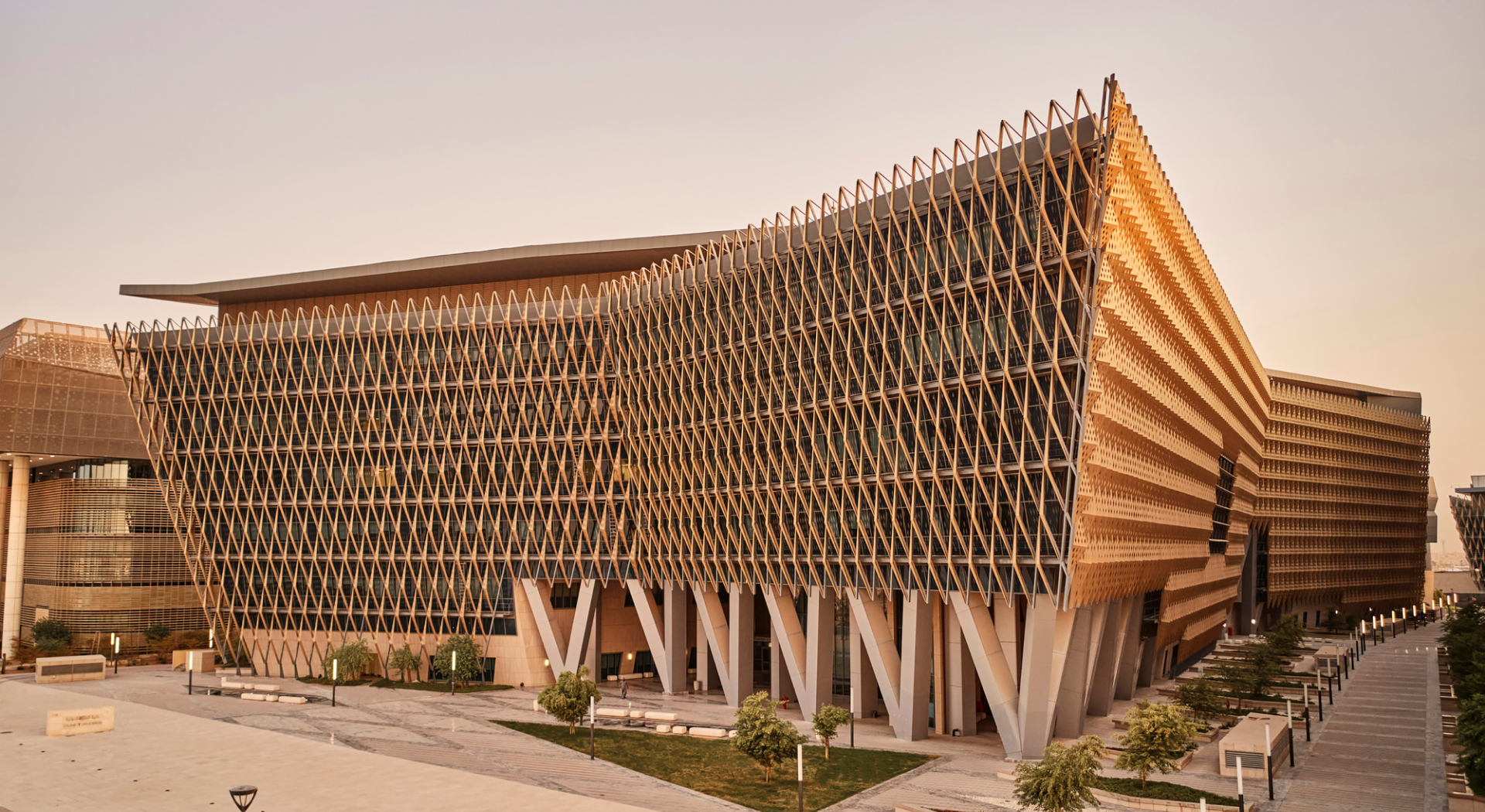
In collaboration with Dar al Athar al Islamiyyah (DAI) and the British Council, College of Architecture at Kuwait University held a symposium on the historical heritage and creative economy opportunities of Failaka Island project at the Americani Cultural Center, sponsored by Nuqat, College of Architecture associations and Khalijsk.
In this regard, Dr. Mohammed Al-Jassar,a Faculty Member of the College stated that the symposium focused on the importance of the development of Failaka island under an accurate and integrated study in order to preserve the identity and historical heritage, which will contribute to making it the most important island in the Gulf, historically and culturally as well as an economic portal of Kuwait.
Dr. Al-Jassar stressed that a group of experts and consultants had been invited by the National Council for Culture where the Advisory Committee (Icomos) of the UNESCO World Heritage Committee, represented by Prof. Michel Kuti and Professor Robert Carter, were invited to conduct the preliminary assessment of Failaka Island as to consider the possibility of nominating it for the UNESCO Heritage List.
Dr. Al-Jassar indicated that this assessment touches not only on the physical heritage of the island but also on the intangible cultural, economic, social and environmental aspects within the sustainable development agenda of 2030.
Dr. Hasan Ashkanani , Professor of Archeology and Anthropology, Department of Geography, Kuwait University asserted that the massive settlement that took place in the 19th and 20th centuries affected a small part only. The state still owns 98.97 percent of the island, while the private ownership owns 1.03 percent, indicating that the island of Failaka is not an archaeological site but it is considered a historical identity for the Kuwaiti people as it plays a major role in the concept of citizenship in terms of history , origins and culture.


 Colored
Colored Grayscale
Grayscale

